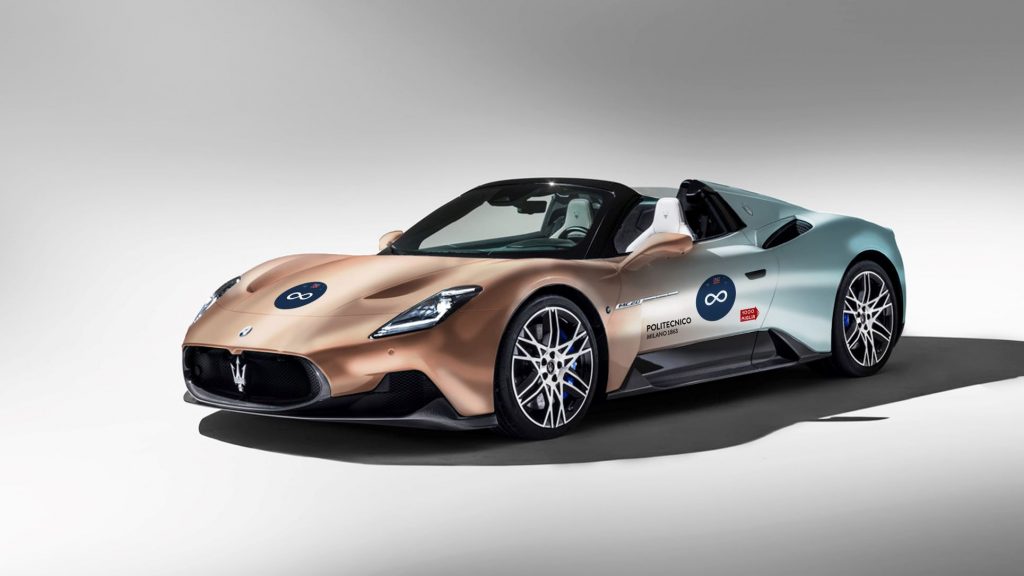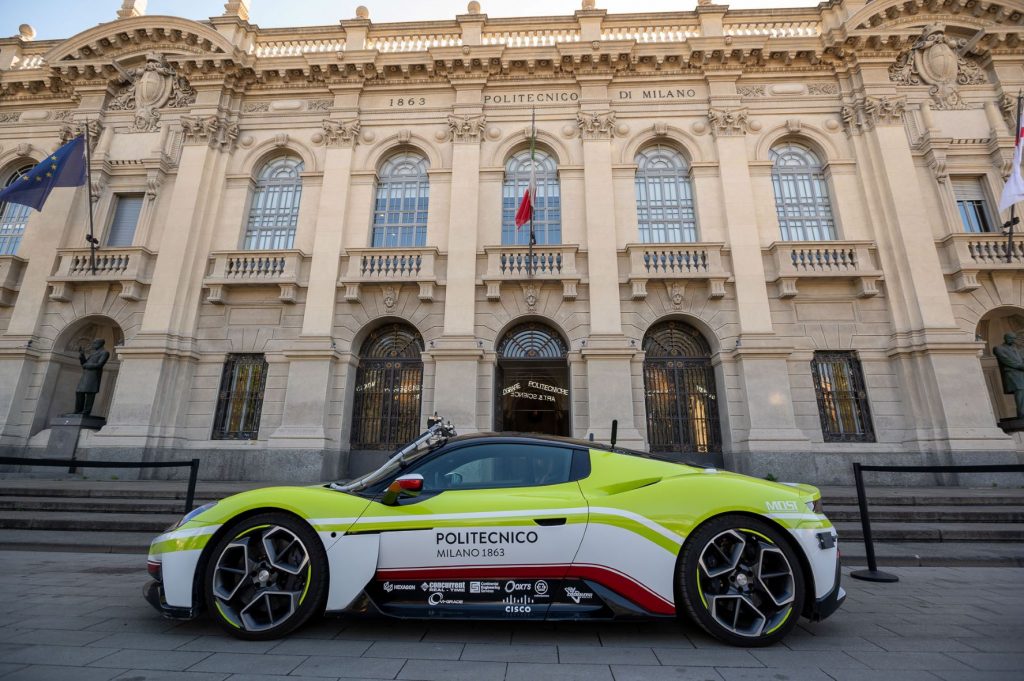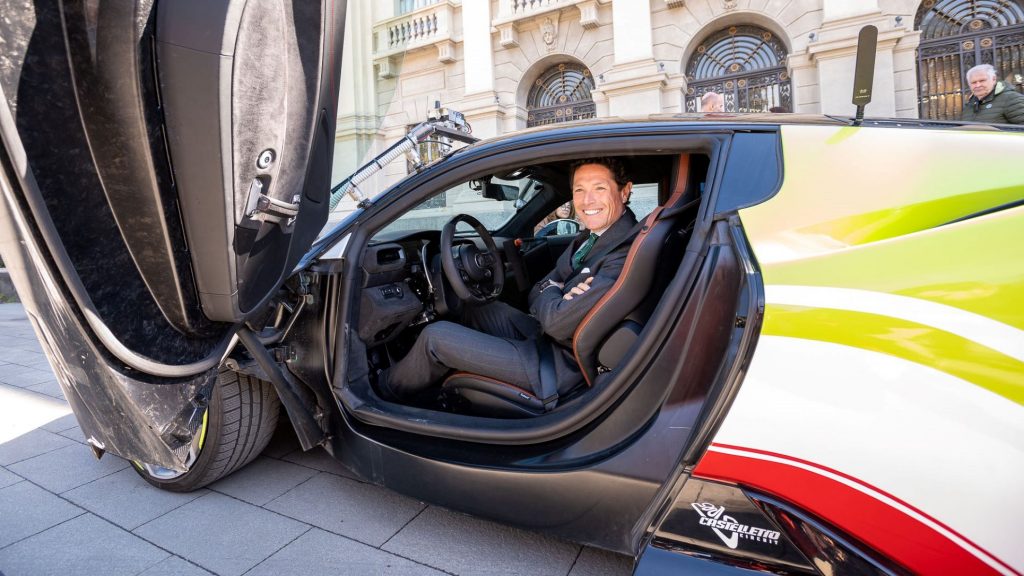
One of the world’s most storied and historic automotive races will host its first test of AVs (autonomous vehicles) on public roads. The classic-car-focused 1000 Miglia race is looking increasingly to the future, while encouraging, promoting, and generating technical progress in Italian industry, to pave the way for the new frontier of AI (artificial intelligence) and a revolution in sustainable mobility.
The 1000-MAD (Miglia Autonomous Drive) project was conceived and developed by the Politecnico di Milano in collaboration with race organizer 1000 Miglia srl. It is being supported by MOST, Italy’s Centro Nazionale per la Mobilità Sostenibile (National Centre for Sustainable Mobility) as well as other sponsors and technical partners. Organizers believe the project, involving more than a year and over 1500 km of testing, will represent the world’s first experimentation of AVs on public roads characterized by a variety of routes.
The university has had other autonomous success just recently at the CES 2023 in Las Vegas, with the PoliMOVE team from the Politecnico di Milano winning the Indy Autonomous Challenge for the second time in a row, reaching a maximum speed of 290 km/h—a new track world record for an unmanned car.

The new Maserati MC20 Cielo fitted with “robo-driver” technology will travel the entire 1000 Miglia 2023 route from June 13 to 17. Along some stretches, the vehicle will drive in total autonomy while respecting the rules of the local highway code.
The Politecnico di Milano is leading the systems integration of actuation, sensors, computers, communications, and the software that implements the AI-driver algorithms to put an AI behind the vehicle, made available by Maserati. The use of a Cielo continues the research collaboration of more than a decade between the Politecnico di Milano and Maserati engineering in the field of electronic vehicle control and automation systems.
To comply with the authorization requirements for experimentation, the vehicle will have to be supervised by a human co-driver, Matteo Marzotto. He is an experienced driver, having taken part in several editions of the 1000 Miglia, and he will also celebrate the 70th anniversary of his uncle Giannino’s historic victory. Accompanying him will be a piece of modern art being developed at the Design Department of the Politecnico, which will be unveiled at the starting line of the Red Arrow, aka 1000 Miglia.
The 1000-MAD project aims to increase the technical skills of the Italian industry in the development of sustainable modes of transport and make the public more aware of the technology.
According to data from the Connected Car & Mobility Observatory of the Politecnico di Milano, Italian consumers are divided, with 50% inclined to use a self-driving car and another 50% against it. The main reasons for those in favor are the convenience of “being able to do other activities during the journey” (45%) and greater safety (31%). Opponents are held back by the discomfort of not having control of the car (37%) and the feeling of less security (33%). So, project leaders say that more effort is needed to inform and prepare consumers for the autonomous mobility revolution.

The project will also contribute to defining the procedures for promoting the use and development of AVs, creating a connection between administrations and the main Italian research centers.
“It is with great pleasure that, on behalf of the Automobile Club of Brescia, I strongly support this project, which reflects the future development and human ingenuity, ideals, and values that have been part of the 1000 Miglia since its inception in 1927,” said Aldo Bonomi, President of the Automobile Club of Brescia, following the press conference presenting the project.
The Red Arrow, in its almost 100 years of existence, has encouraged, favored, and generated innovative technical and infrastructural solutions, such as windscreen wipers, the paving and lighting of road sections, or the setting up of refueling and rest areas,” added Beatrice Saottini, President of 1000 Miglia srl. “We could therefore not refrain from supporting this multi-faceted project without hesitation.”
The 2023 edition of the 1000 Miglia will only be the first step in the presentation of the project. It will be followed by a year of experimental refinement of the AI driver, with the car tested on a route similar to that of the race on municipal, provincial, and state roads and small stretches of motorway. The ambitious goal is to drive the entire route of the 1000 Miglia 2024 in autonomous mode.

